Surrogacy Laws & Process in Wyoming

Understanding the Surrogacy Process in Wyoming
Pre-Birth Parentage Orders in Wyoming: Legal Recognition Before Birth
Wyoming law does not allow pre-birth parentage orders. Courts may begin proceedings before the child’s birth, but a final order cannot be issued until after delivery under WY Stat. § 14-2-811.
The absence of pre-birth orders does not remove the ability to establish legal parentage. Instead, families must pursue post-birth parentage orders through Wyoming courts. Outcomes vary depending on the genetic connection to the child and the marital status of the intended parents.
- Married heterosexual couple using their own egg and sperm: Eligible for post-birth parentage order.
- Married heterosexual couple using donor egg or sperm: Eligible for post-birth order.
- Unmarried heterosexual couple: Eligible regardless of marital status, though married couples may experience a smoother process.
- Same-sex couples: Eligible, but results often come more smoothly when married.
- Single parent: Eligible when using their own genetic material.
When no intended parent has a genetic connection, parentage orders remain possible but are considered theoretical in practice. Venue usually rests in the county where the gestational carrier resides.
Medical, Psychological, and Legal Requirements in Wyoming Surrogacy
Every party in a Wyoming surrogacy arrangement must meet critical requirements. The law requires all intended parents and gestational carriers to be at least twenty-one years old. Medical evaluations help make sure that carriers meet health standards for pregnancy.
Also, psychological screenings assist in confirming readiness for the journey ahead. These safeguards protect everyone involved, including the future child.
Legal contracts define responsibilities, compensation, and rights. Since Wyoming limits compensation to pregnancy-related expenses, agreements must follow this restriction carefully. Attorneys guide families through drafting and executing valid contracts that align with state law.
These contracts also address issues such as prenatal care, delivery planning, and expectations for communication throughout the pregnancy.
Egg and sperm donation also fall under Wyoming law. WY Stat § 14-2-902 states that donors are not considered legal parents of children conceived through assisted reproduction. This statute applies to both egg and sperm donations and provides legal clarity for families who rely on donors to achieve pregnancy.
Explore the Carrying Dreams Surrogacy Heatmap
Families considering Wyoming surrogacy often want to compare state laws with other regions. The Carrying Dreams Surrogacy Heatmap highlights surrogacy laws across the United States, showing which states support surrogacy arrangements more fully.
If you have any inquiries about the Wyoming surrogacy law & process, feel free to contact ustoday.

